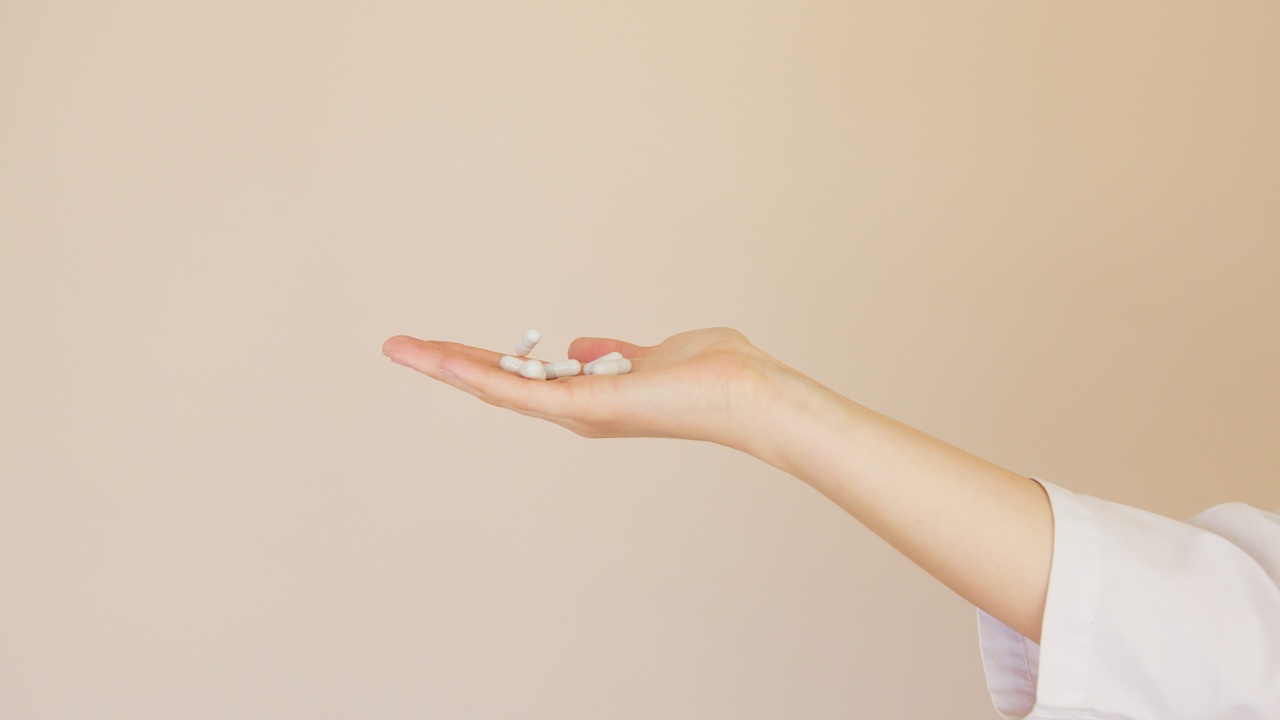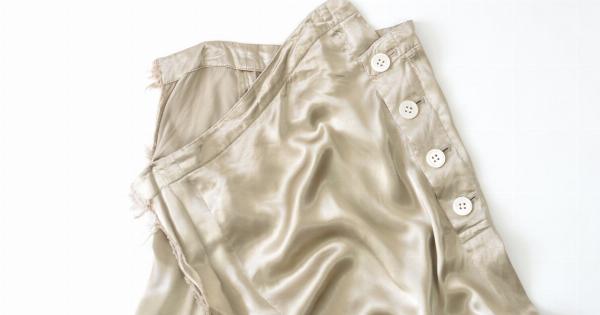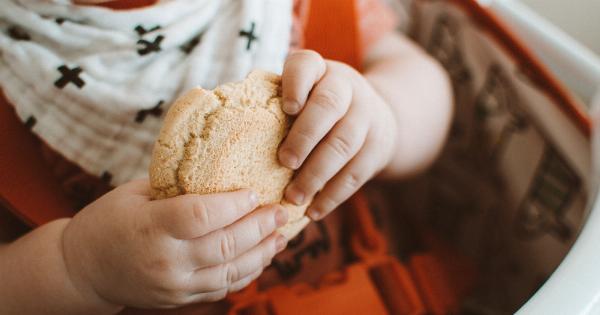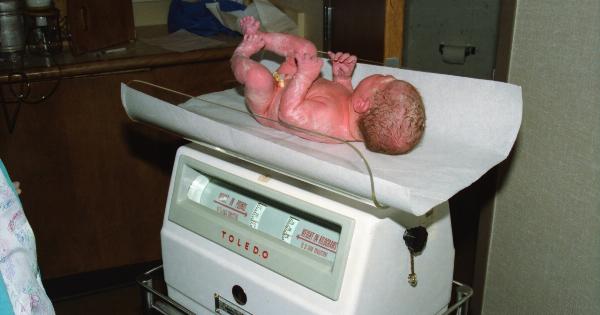As a parent, one of the responsibilities is taking care of your baby’s health. This includes being prepared for any unexpected illnesses or discomforts.
Having a well-stocked medicine supply can help you provide immediate relief to your little one when needed. In this article, we will guide you through the essential items to keep in your baby’s medicine supply, ensuring you are prepared for common ailments and emergencies.
The Medicine Cabinet Must-Haves
To start with, there are several items that should be part of every baby’s medicine supply. These essentials will come in handy when your baby is suffering from minor illnesses such as coughs, colds, fevers, or allergies. Here are some must-haves:.
1. Thermometer
A reliable thermometer is crucial for monitoring your baby’s body temperature. Opt for a digital thermometer or an ear or forehead thermometer, which are more accurate and convenient to use for infants.
2. Fever-Reducing Medication
Consult your doctor about the appropriate fever-reducing medication for your baby based on their age and weight. Acetaminophen or ibuprofen, in the appropriate dosage, can help bring down a fever and provide relief.
3. Nasal Aspirator
Babies often struggle with nasal congestion, especially during colds. A nasal aspirator can help clear your baby’s blocked nose by gently suctioning out mucus.
4. Saline Nasal Drops
Saline nasal drops are beneficial for moisturizing your baby’s nasal passages and relieving congestion. They are safe to use from birth and can make breathing easier for your little one.
5. Mild Pain Reliever
For teething discomfort, sore gums, or minor aches and pains, a mild, baby-safe pain reliever such as teething gel or infant acetaminophen can provide relief.
However, always follow the recommended dosage and consult your pediatrician before using any new medication.
6. Oral Rehydration Solution
In case of diarrhea or vomiting, an oral rehydration solution helps replenish lost fluids and electrolytes. This is particularly crucial for infants who are prone to dehydration.
7. Antihistamine
If your baby suffers from allergies, having a child-appropriate antihistamine can provide relief from symptoms such as itching and sneezing. However, it is important to consult your doctor before giving any antihistamine to your baby.
8. Calamine Lotion
Calamine lotion is a soothing solution for relieving itchiness and mild skin irritations caused by insect bites, rashes, or allergic reactions. Keep a bottle in your baby’s medicine supply for immediate relief.
9. Hydrocortisone Cream
A low-strength hydrocortisone cream can help alleviate mild skin inflammation, redness, and itching caused by various skin conditions. It is important to use it as directed and under the guidance of your pediatrician.
10. Adhesive Bandages and Antiseptic
While not directly medication, having a supply of adhesive bandages and antiseptic solution is essential for minor cuts, scrapes, and scratches.
Keep them easily accessible in your baby’s medicine supply to clean and protect any wounds your little explorer may incur.
Consult Your Pediatrician
Remember, always consult with your pediatrician before giving any medication to your baby. They will provide appropriate dosages, instructions, and recommendations based on your baby’s specific needs and health condition.
Knowing When to Seek Medical Attention
While you can address many common ailments and discomforts with the items listed above, it is crucial to know when a symptom or condition requires medical attention. Reach out to your pediatrician if:.
- Your baby’s fever persists despite fever-reducing medication.
- Your baby shows signs of dehydration, such as decreased urination, dry mouth, or sunken fontanelles.
- Your baby is having difficulty breathing or shows signs of a severe allergic reaction.
- Your baby’s symptoms worsen or do not improve after a few days.
Conclusion
By keeping the essential items mentioned above in your baby’s medicine supply, you can be better prepared to handle minor illnesses and discomforts.
However, remember that proper medical guidance is essential, so always consult your pediatrician before giving any medication to your baby. With the right supplies and care, you can provide quick relief and ensure your baby’s health and well-being.































